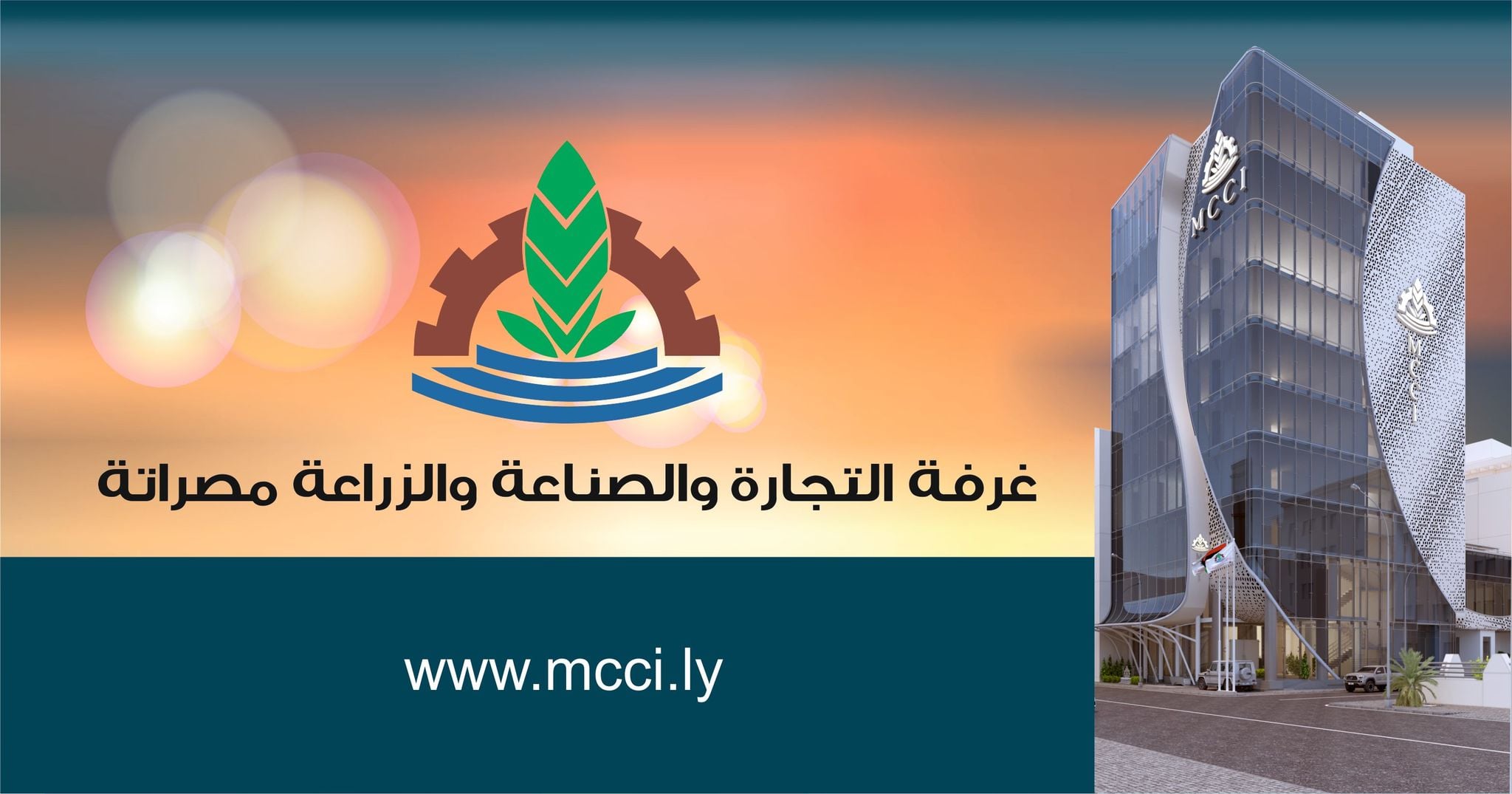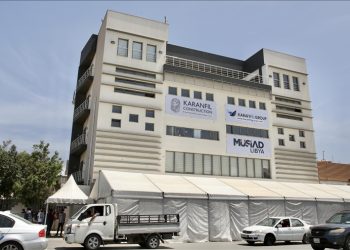Tripoli, 9 June:
The Qatari telecom company, Qtel, which during the revolution helped re-start parts of the cellular network in liberated areas, . . .[restrict]is reported to be eyeing a stake in Libyana, whose shares were slated to be listed on the stock exchange this summer.
Qtel, which is majority owned by the Qatari government, has been on an aggressive expansion campaign throughout the Arab world. In North Africa, it already has stakes in mobile operators in Algeria and Tunisia, in the latter, last year buying half of Tunisiana from Orascom Telecom for $1.2 billion. This holding has since been increased to 75 percent. In May Qtel was also awarded a licence to run fixed line and 3G services in Tunisia.
This week Qtel announced it was doubling its holding in Iraq’s Asiacell to 60 percent.
During the revolution, the Qaddafi regime tried to shut down the two mobile networks, Al Madar and the newer Libyana. However because Libyana had more modern and de-centralised technical architecture, engineers were able locate duplicate copies of the all-important Home Location Register (HLR) and so get part of the network up and running again. Qtel personnel helped in this effort with advice, testing equipment and replacement components.
Libyana is the larger of the two main cellphone suppliers. Its full network across the country was only fully restored last November. Though some of the infrastructure for both mobile providers was damaged in the fighting, the principle reason mobile phones ceased to function in Qaddafi-controlled areas during the revolution was that the system had been turned off for ordinary subscribers.
IE Market Research Corp recently produced a report predicting that within the next three years there would be 18.4 million mobile subscribers in Libya, of whom Libyana would take 62.7 percent.
[/restrict]










